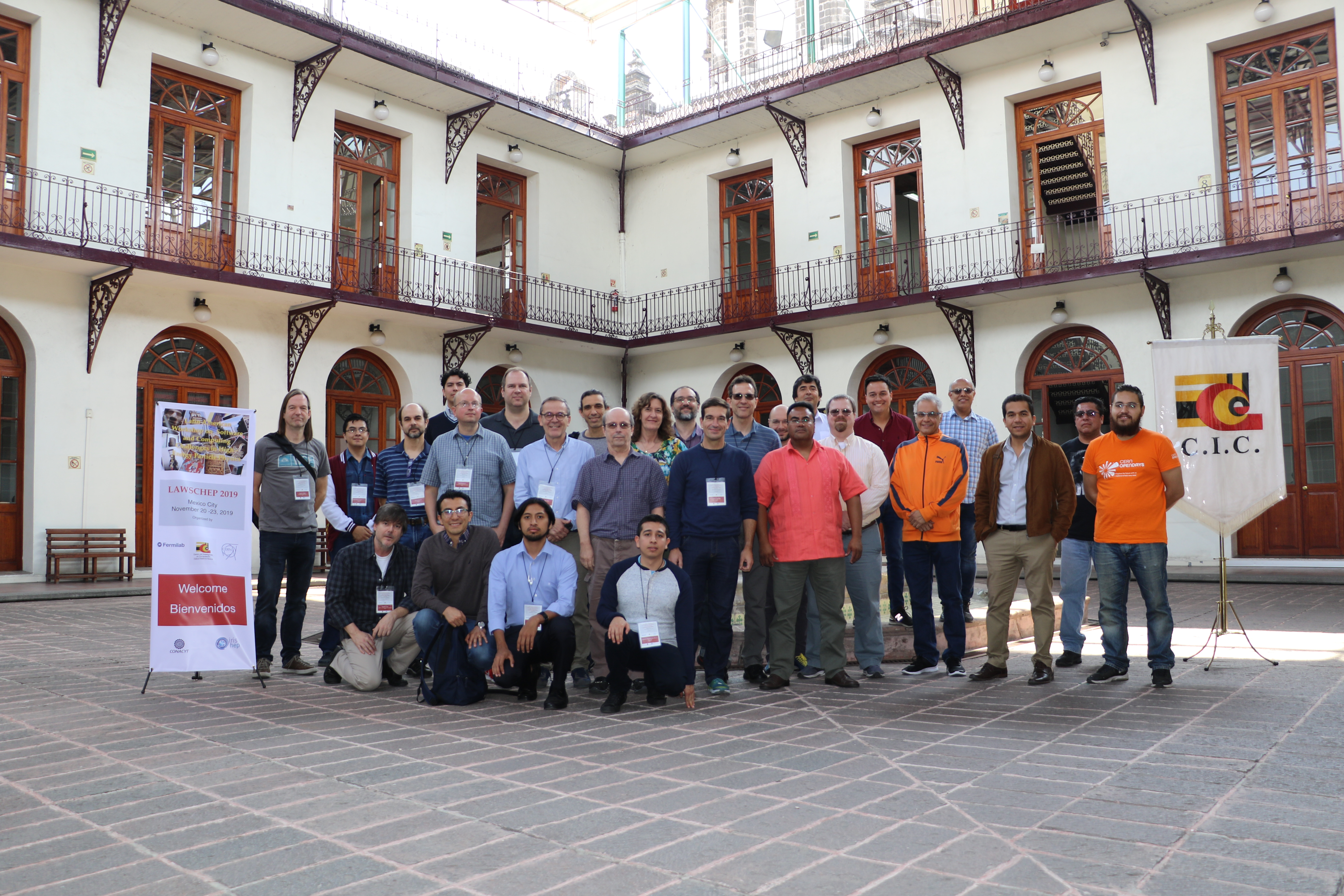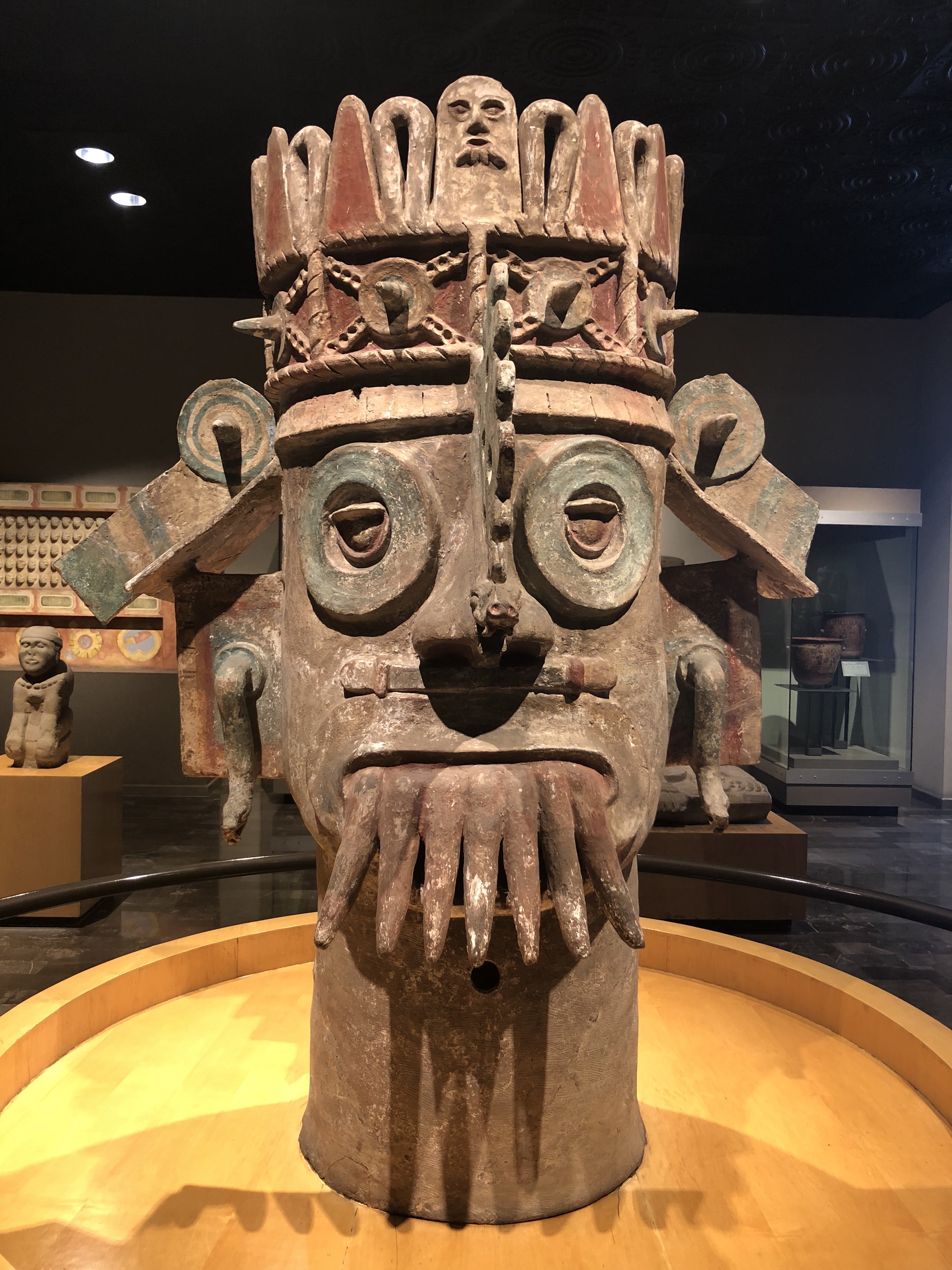Latin American Workshop on Software and Computing challenges in High-Energy Particle Physics (LAWSCHEP 2019)
*Click here to download the Summary and Conclusions final document*
*Click here to access the live document where you can add new project ideas and your name as an interested researcher in any project*

Under the auspicies of the HEP Software Foundation (HSF) and with support from the Institute for Research & Innovation in Software for HEP (IRIS-HEP), this “Latin American Workshop on Software and Computing (S&C) Challenges in High-Energy Particle Physics (HEP)” will bring together the Latin American HEP groups to discuss opportunities for collaboration in topics of S&C within the region and with the international community at large.
The HEP community has an ambitious and broad experimental program for the coming decades. This program requires large investments in detector hardware, either to build new facilities and experiments, or to upgrade existing ones. Similarly, it requires commensurate investment in software R&D to manage, process, and analyze the shear amounts of experimental and simulated data to be acquired and produced. Over the past decades, HEP groups experienced considerable growth in Latin America and contributed in effective and significant ways to the domestic and international scientific programs. The workshop will offer the opportunity to leverage this growth and the vast computing experience and capabilities of Latin American groups, strengthening the region’s impact through collaboration.
The content of the workshop agenda focuses on the S&C challenges recently summarized in “A Roadmap for HEP Software and Computing R&D for the 2020’s” (Comput. Softw. Big Sci., 2019, 3: 7, https://doi.org/10.1007/s41781-018-0018-8). This community paper describes S&C topics of research to address the needs of future experiments in the areas of physics and detector simulation, event reconstruction, data storage, transfer, and analysis. Future solutions will require exploring novel software paradigms and advanced algorithmic techniques in fields such as hybrid modeling and simulation, fine-grained parallelism, efficient use of accelerators in High Performance Computing (HPC), as well as methods for Machine Intelligence (MI) and data science.
The goal of the event is to explore or to consolidate partnership opportunities between Latin American Institutions in S&C research within HEP. It includes strengthening existing collaborative efforts of Latin American groups with international HEP laboratories and identifying future research interests in common. The workshop will consist of presentations and discussion on the challenges to be addressed within the next decade, analysis of success stories, status reports on current activities by participating institutions, and the opportunity for young researchers to present their work. A discussion session at the end of the workshop will be scheduled to encourage participants to explore opportunities to collaborate on topics of common interest.

Local Organizing Committee
Jesús Alberto Martínez Castro (Center for Computing Research, IPN, México)
Rolando Menchaca García (ESIME-IPN, México)
Marco Ramírez Salinas (Center for Computing Research. IPN, México)
Jesús Yaljá Montiel Pérez (Center for Computing Research, IPN, México)
Communication should be directed to jesus.martinez.castro@cic.ipn.mx
Scientific Organizing Committee
Carlos Ávila (Dept. of Physics, Universidad de los Andes, Colombia)
Edgar Carrera (Dept. of Physics, Universidad San Francisco de Quito, Ecuador)
Rodrigo Castro (Dept. of Computer Science, University of Buenos Aires, Argentina) Co-Chair
Daniel Elvira (Fermilab, USA) Co-Chair
Alberto Gago (Pontificia Universidad Católica del Perú, Perú)
Jesús Alberto Martínez Castro (Center for Computing Research, IPN, México)
Pere Mato Vila (CERN, Switzerland)
Rolando Menchaca García (ESIME-IPN, México)
Jesús Yaljá Montiel Pérez (Center for Computing Research, IPN, México)
Sergio F. Novaes (SPRACE, São Paulo State University, Brasil)
Gustavo Otero y Garzón (Dept. of Physics, University of Buenos Aires, Argentina)
Ricardo Piegaia (Dept. of Physics, University of Buenos Aires, Argentina)
Alberto Santoro (UERJ, Brasil)
Alberto Sánchez Hernández (Dept. of Physics, CINVESTAV-IPN, México)
Carlos Javier Solano Salinas, (Universidad Nacional de Ingeniería, Perú)
Jun Takahashi (UNICAMP, Brasil)
Sponsors
Institute for Research & Innovation in Software for HEP Instituto Politécnico Nacional




